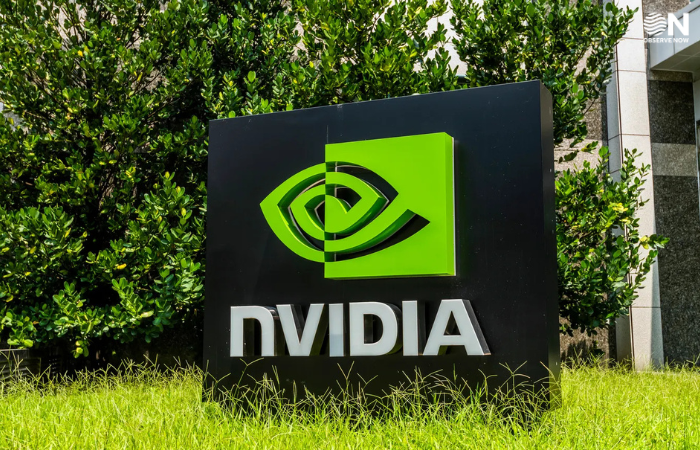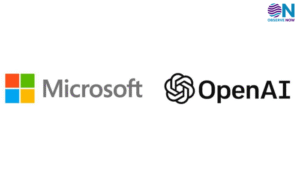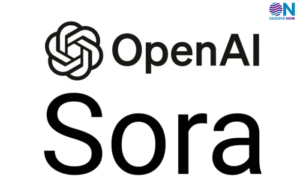U.S. Nears Deal to Allow UAE Import of Nvidia AI Chips, Boosting Regional Tech Ambitions

The United States is on the verge of finalizing a substantial agreement with the United Arab Emirates that will allow for the yearly import of around 500,000 of Nvidia’s sophisticated artificial intelligence chips, with the agreement set to take effect in 2025. This prospective arrangement marks a significant step in fostering technological collaboration between the two nations and is expected to provide a considerable impetus to the UAE’s rapidly growing aspirations in the fields of artificial intelligence research, development, and deployment, as well as the establishment and expansion of advanced data center infrastructure within the Emirates.
The influx of these high-performance AI chips from Nvidia, a leading global provider of graphics processing units and AI hardware, is anticipated to empower various sectors within the UAE, including research institutions, technology companies, and government entities, enabling them to undertake more complex AI-driven projects, enhance data analytics capabilities, and develop cutting-edge AI applications across diverse industries. Furthermore, this development underscores the UAE’s strategic focus on becoming a prominent hub for artificial intelligence in the Middle East and globally, attracting further investment and talent in this transformative technology.
The agreement also reflects the United States’ willingness to collaborate with key partners in the advancement of AI while potentially navigating considerations related to technology transfer and national security. The specific models of Nvidia chips included in the agreement and the broader implications for the global AI landscape are expected to be clarified upon the official announcement..
Under the preliminary terms, the agreement would span at least until 2027, with potential extensions through 2030. Notably, 20% of these chips, equating to 100,000 units per year, are designated for G42, a prominent Emirati technology firm. The remaining chips are expected to be allocated to major U.S. tech companies, including Microsoft and Oracle, which are exploring the establishment of data centers in the UAE.
This prospective deal emerges amidst the U.S. administration’s cautious approach to AI chip exports, aiming to prevent the diversion of advanced semiconductors to nations like China. The Biden administration has previously imposed restrictions on AI chip exports to mitigate national security risks associated with the proliferation of such technologies.
The UAE’s strategic partnership with U.S. tech firms and its investment in AI infrastructure underscore its commitment to becoming a global leader in artificial intelligence. The successful finalization of this agreement could significantly enhance the UAE’s capabilities in AI research and development.
While the agreement is still under negotiation and subject to change, its potential approval marks a pivotal moment in U.S.-UAE technological collaboration, reflecting a balance between fostering innovation and safeguarding national security interests.
















